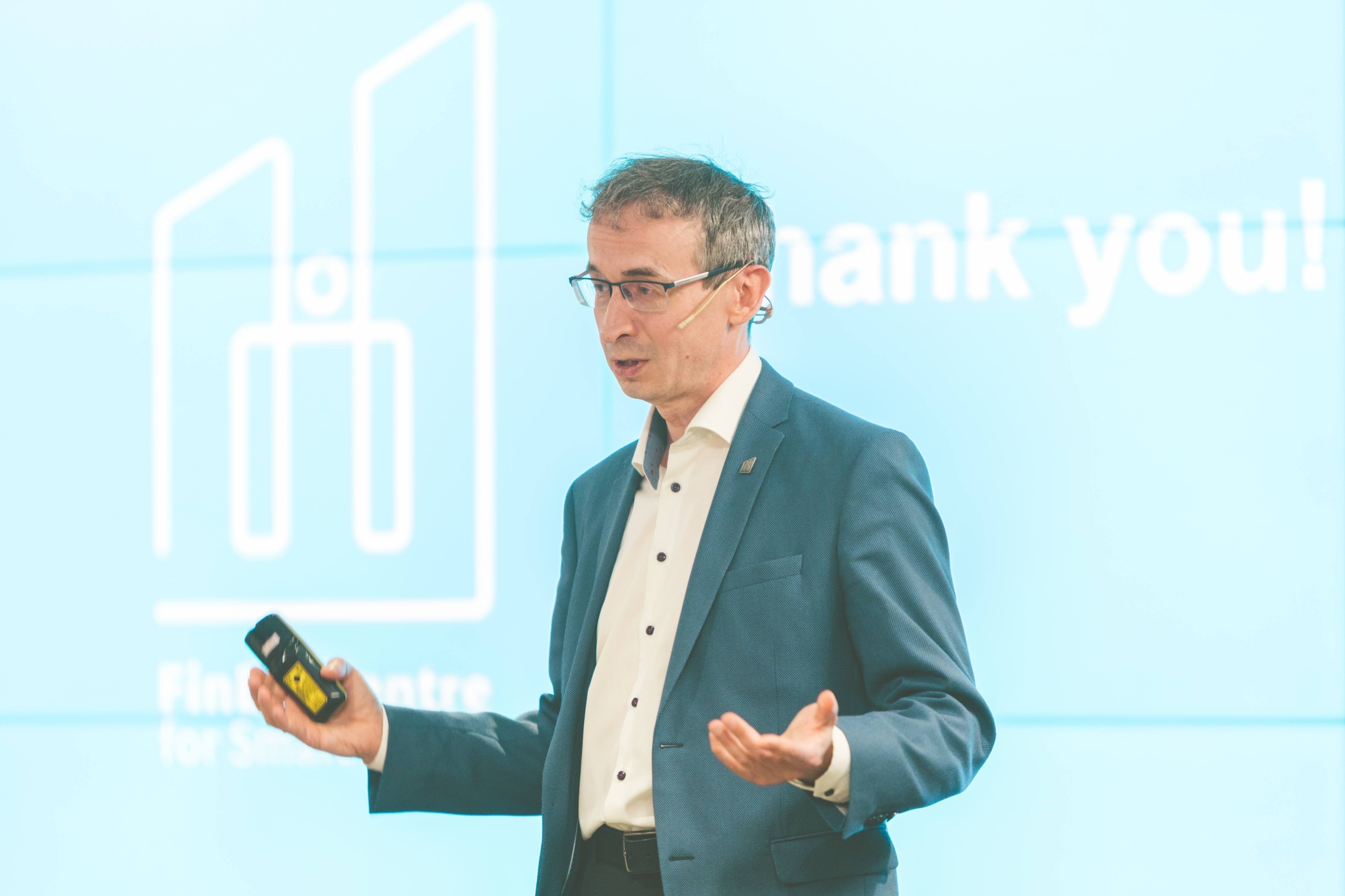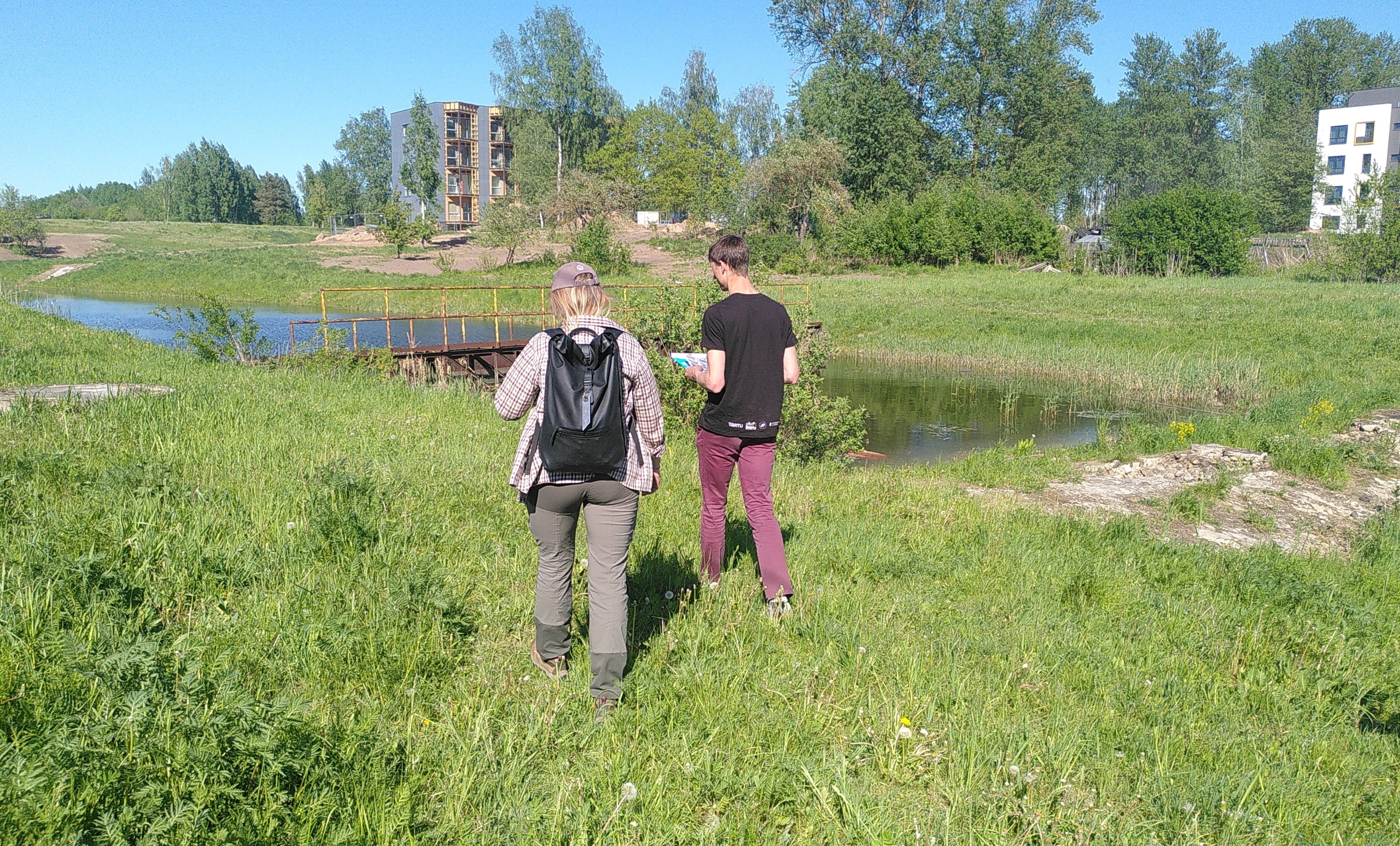We look forward to cooperation with TalTech institutes, ministries, companies, foreign universities and the third sector
The first step is to secure strong funding for energy policy research and development at the university, with support from Horizon Europe, as well as the state and cities. Interest in such research has already been expressed from multiple stakeholders. We are currently preparing a few project applications, discussing scientific development agreements with state institutions and cities, and exploring business partnerships.
A lot of groundwork has already been laid, as several institutes across various faculties have worked on individual energy policy topics, and I will be relying on their support in my work. An interdisciplinary energy policy unit has emerged through EnForCe, TalTech’s Center of Excellence for Future Energy. Moreover, the FinEst Centre provides both inspiration and a model in terms of structure and scale.
Once the core funding is secured, we’ll be able to organize various collaboration formats involving TalTech institutes, ministries, companies, foreign universities, and the third sector.




